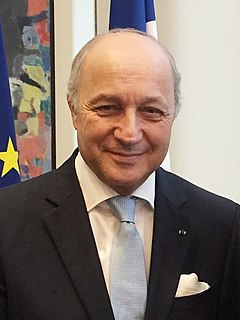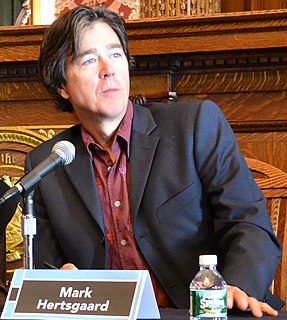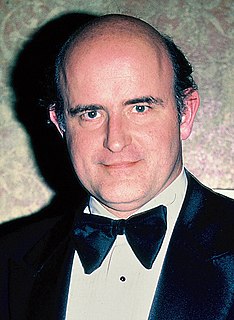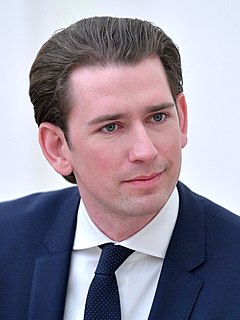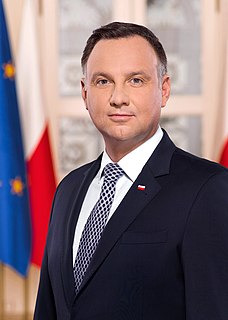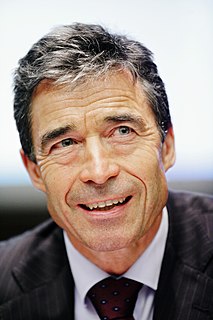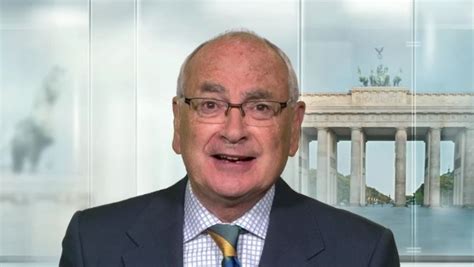A Quote by Laurent Fabius
But Maastricht was not the end of history. It was a first step towards a Europe of growth, of employment, a social Europe. That was the vision of Francois Mitterrand. We are far from that now.
Related Quotes
Perhaps I am following in the footsteps of François Mitterrand, who really did want to shape Europe. My predecessors, by contrast, thought it was best to say nothing at all and to keep all their options open. That may sound like a tactical approach, but perhaps it was simply because they didn't have any ideas for Europe at all.
In Europe there's an dangerous growth of ultra xenophobia which is pretty threatening to any one who remembers the history of Europe... and an attack on the remnants of the welfare state. It's hard to interpret the austerity-in-the-midst-of-recession policy as anything other than attack on the social contract.
During Mr. Reagan's trip to Europe...members of the traveling press corps watched him doze off so many times--during speeches by French President Francois Mitterrand and Italian President Alessandro Pertini, as well as during a one-on-one audience with the Pope--that they privately christened the trip 'The Big Sleep.'
I think that Europe has to get its act together very quickly. The Belgian guy who's leading the negotiations against Brexit, he sees it as a whole chance to reboot Europe and reclaim the kind of social mission of Europe from all this corporate, bureaucratic, globalist stuff that has got into, building Europe for the people rather than the banks, again.
The largest weight is now on Germany's shoulders. Chancellor Merkel must continue to convince people of the EU's importance; she must spearhead the effort to redefine the EU. In order to do this, Germany must become a muscular democracy. It needs to shoulder far more responsibility for the physical security of Europe, especially Eastern Europe and the Mediterranean. So far, unfortunately, Germany has taken the lead in disrespecting Europe's borders by opening its doors to more than a million refugees and migrants.
